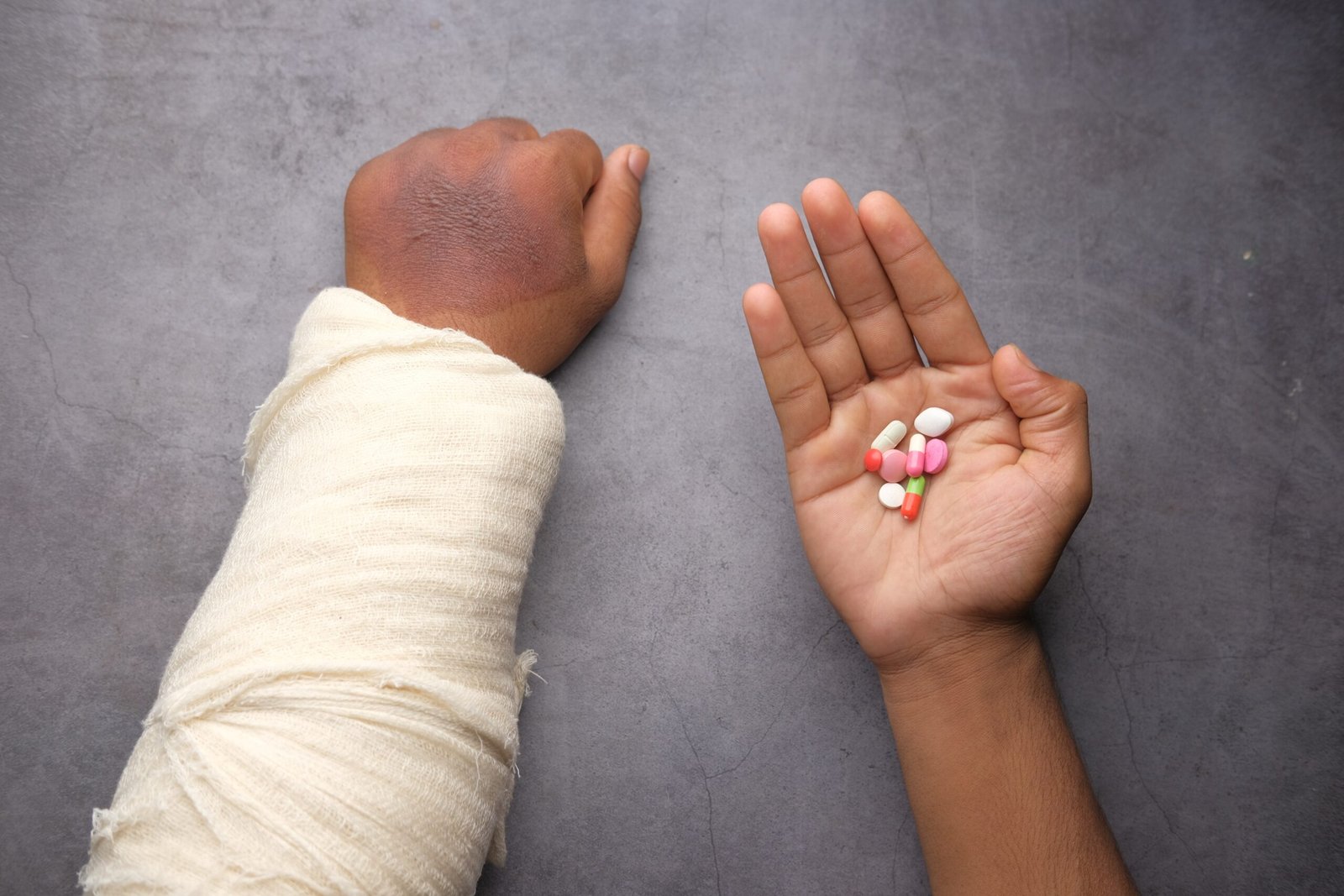Understanding Rheumatoid Arthritis
Rheumatoid Arthritis (RA) is a chronic autoimmune disease that primarily affects the joints, causing inflammation, pain, and stiffness. Unlike osteoarthritis, which is caused by wear and tear on the joints, RA is characterized by the immune system mistakenly attacking the body’s own tissues, leading to joint damage and other systemic complications.
Traditional Treatment Options
While there is no known cure for RA, there are several treatment options available to manage the symptoms and slow down the progression of the disease. These include:
- Nonsteroidal anti-inflammatory drugs (NSAIDs) to reduce pain and inflammation
- Disease-modifying antirheumatic drugs (DMARDs) to suppress the immune system and slow down joint damage
- Biologic response modifiers (biologics) that target specific parts of the immune system
- Corticosteroids to provide short-term relief from inflammation
Complementary Approaches
In addition to traditional medical treatments, many individuals with RA find relief through complementary and alternative therapies. These approaches, when used alongside conventional treatments, can help improve overall well-being and quality of life. Some of these complementary approaches include:
1. Physical Therapy and Exercise
Physical therapy can help improve joint mobility, muscle strength, and flexibility. Regular exercise, such as swimming, biking, or yoga, can also help reduce pain and stiffness while promoting overall joint health.
2. Diet and Nutrition
While diet alone cannot cure RA, certain foods can help reduce inflammation and support overall joint health. A diet rich in fruits, vegetables, whole grains, and omega-3 fatty acids (found in fatty fish, flaxseeds, and walnuts) may be beneficial. It is also important to maintain a healthy weight to reduce stress on the joints.
3. Stress Management
Stress can worsen RA symptoms. Engaging in stress-reducing activities such as meditation, deep breathing exercises, or engaging in hobbies can help manage stress levels and improve overall well-being.
4. Heat and Cold Therapy
Applying heat or cold to affected joints can help alleviate pain and swelling. Heat therapy, such as warm baths or heating pads, can help relax muscles and improve blood circulation. Cold therapy, using ice packs or cold compresses, can help numb the area and reduce inflammation.
5. Herbal Supplements
Some herbal supplements, such as turmeric, ginger, and boswellia, have shown potential in reducing inflammation and relieving joint pain. However, it is important to consult with a healthcare professional before incorporating any supplements into your treatment plan.
Conclusion
Rheumatoid Arthritis is a complex condition that requires a comprehensive approach to management. While traditional medical treatments play a crucial role, incorporating complementary approaches can provide additional relief and support overall well-being. It is important to work closely with healthcare professionals to develop an individualized treatment plan that addresses your specific needs and goals.
